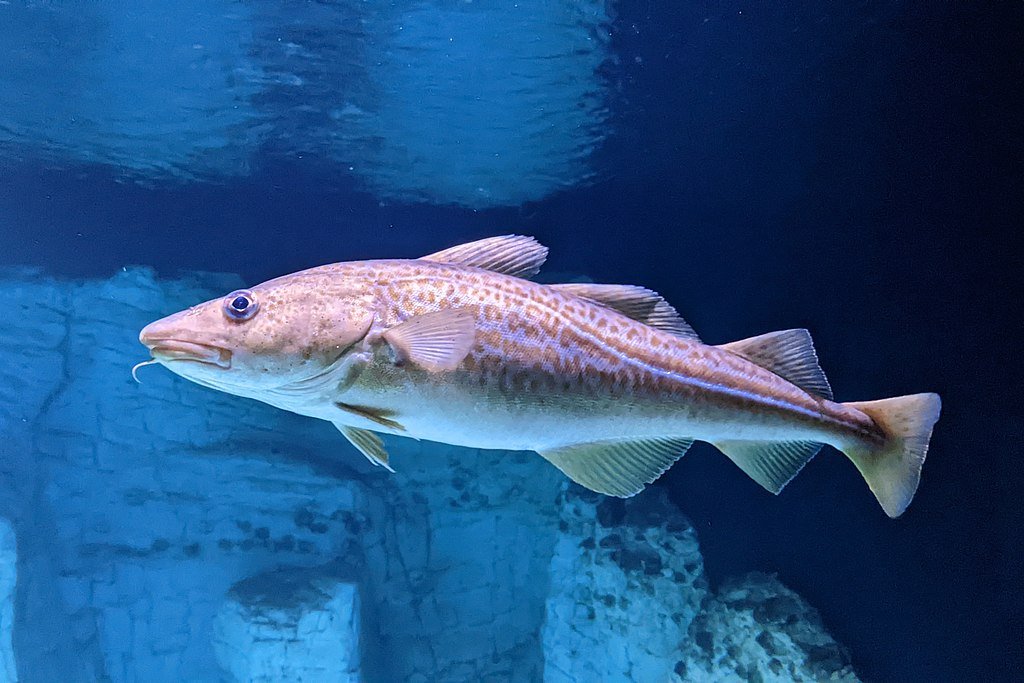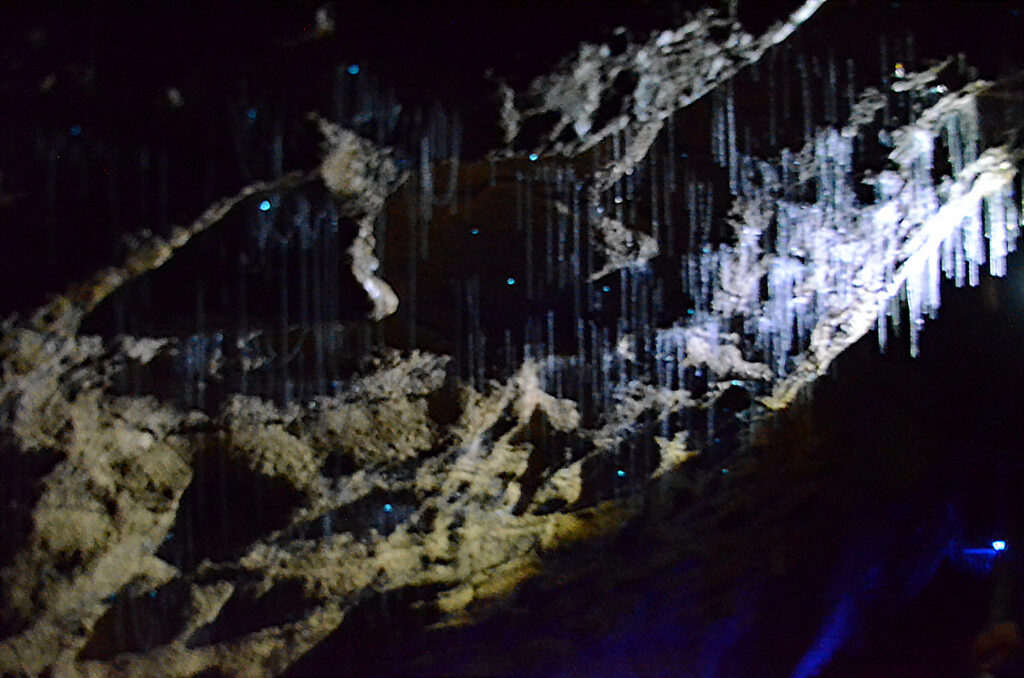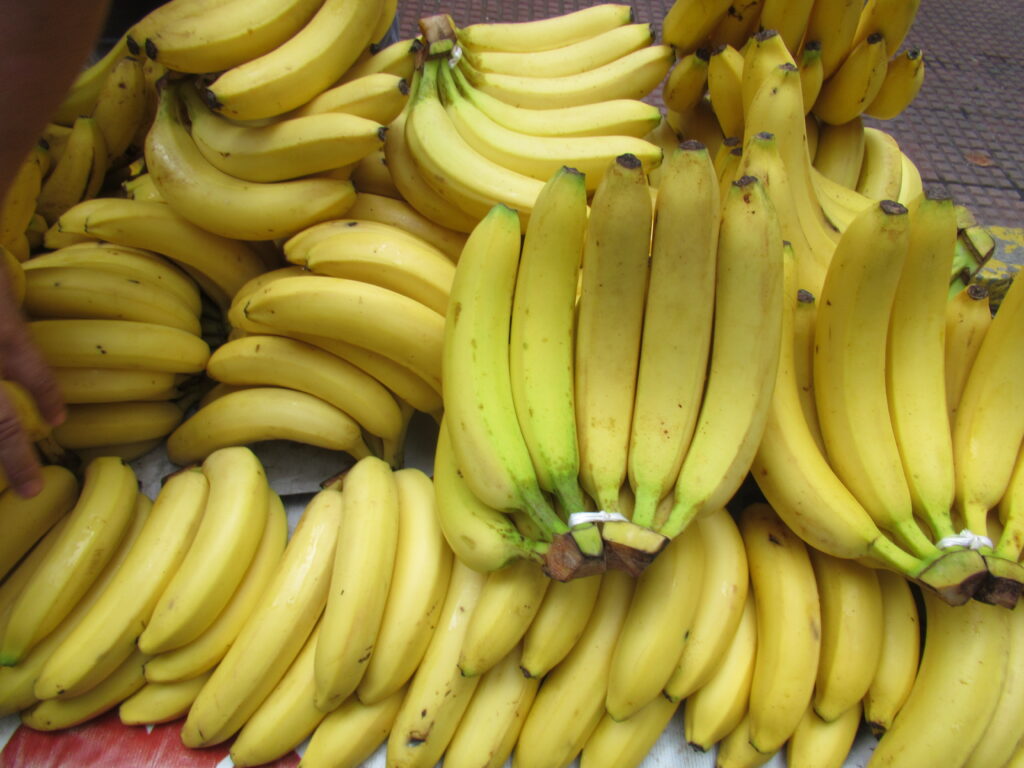Many of the fish we consume play an important role in maintaining seabed ecosystems, influencing carbon storage and ocean health. Recent research highlights how species like Atlantic cod and European eel contribute to seabed bioturbation—churning and reworking sediments—which impacts climate regulation and marine biodiversity
The Role of Fish in Seabed Engineering
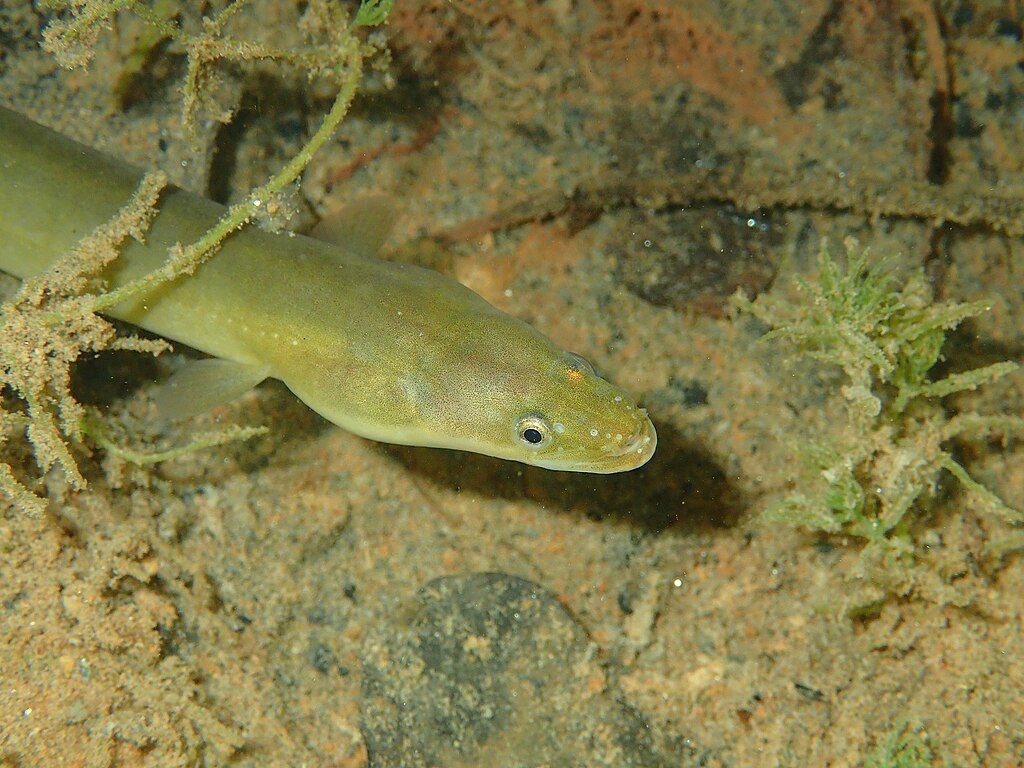
Bioturbation, the process of sediment disturbance by marine organisms, has long been associated with invertebrates. However, new findings reveal that fish also play a significant role. Scientists analyzed 185 fish species, identifying 120 commercially fished species as key contributors to seabed reworking.
Climate and Conservation Implications
Ocean sediments serve as the largest reservoir of organic carbon, making bioturbation essential for climate regulation. The study warns that overfishing threatens species with high bioturbation impacts, such as halibut and giant skates. Their decline could disrupt seabed ecosystems, affecting carbon absorption and marine biodiversity.
Future Research and Conservation Strategies
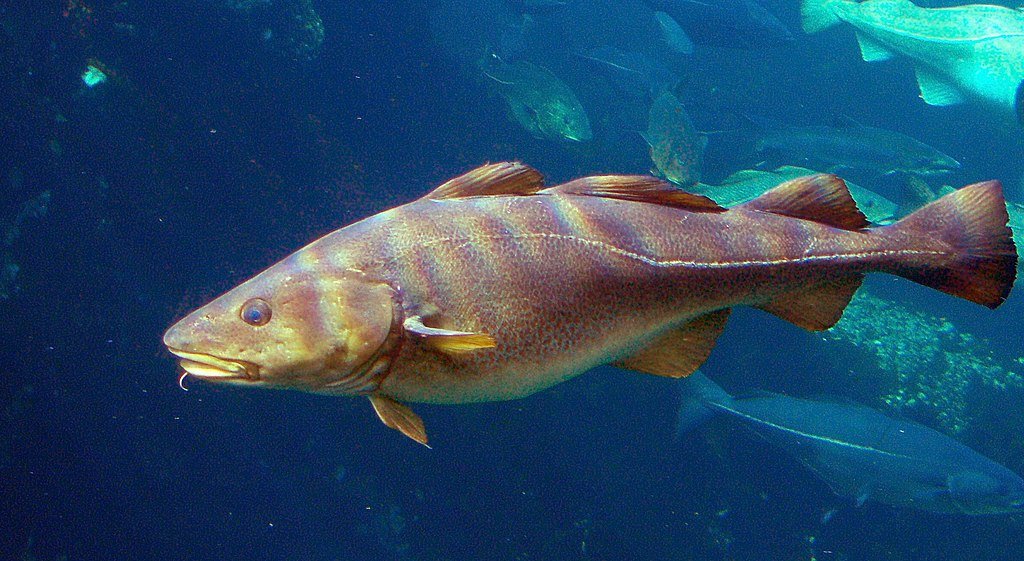
Researchers advocate for sustainable fishing practices to preserve bioturbating species. Further studies aim to quantify the long-term effects of fish-driven sediment reworking and explore conservation measures to protect vulnerable species.
Conclusion
The discovery of fish as seabed engineers underscores their ecological importance beyond commercial value. Protecting these species is vital for maintaining ocean health and mitigating climate change.
Source:


